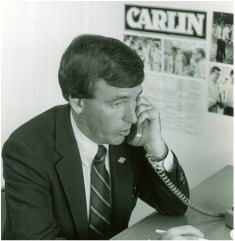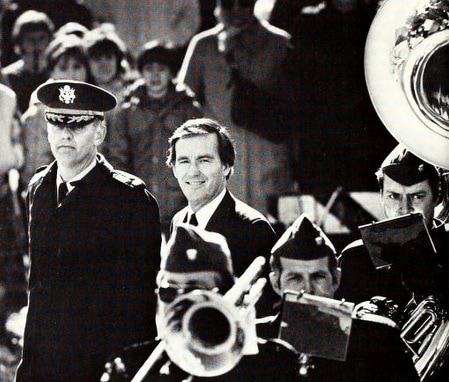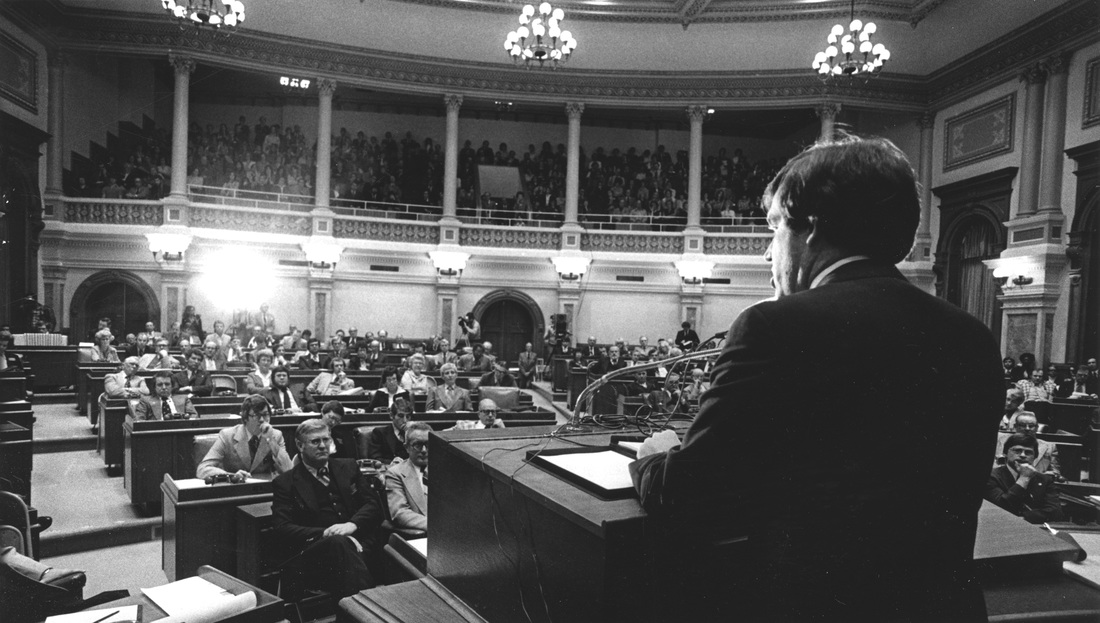That brilliant move has wrecked school finance funding, cut highway maintenance to a bare minimum, and in general put many very needed state programs in financial stress. As William Allen White once said: “When anything is going to happen in this country, it happens first in Kansas.” In this case, it is the blowback from our trickle down experiment that ought to send a message to Washington policymakers that this dog just won’t hunt. For more on this idea, you can read my blog post about the next story to “happen first in Kansas.”
It will be interesting how the Kansas Congressional delegation reacts. They not only have the benefit of knowing how the curve didn’t work in Kansas but also the election results of 2016, which made it clear that voters are also aware of its failures, and they acted accordingly. Tax reform should be on the Washington agenda. What we need is the President bringing together key members of Congress of both parties with different approaches and challenging them to work for real and sane reform. I know how unrealistic that might be, but we as citizens need to be pleading for that direction.
In the coming years, I believe the Kansas Legislature—and our state in general—could become a model for needed change in this country, by showing how to engage and overcome these failed policy ideas and deal with their disastrous results. And so, with a little encouragement from the people of Kansas, we have the opportunity to make William Allen White right again.




 RSS Feed
RSS Feed